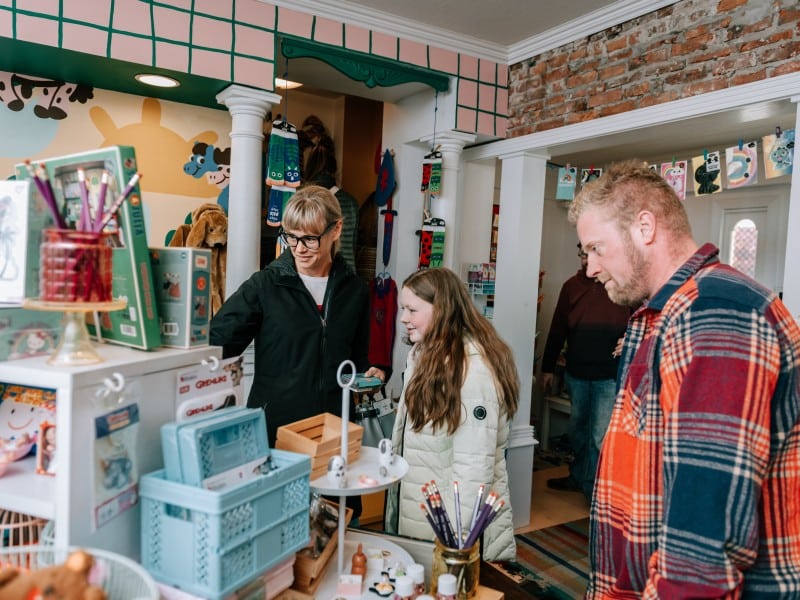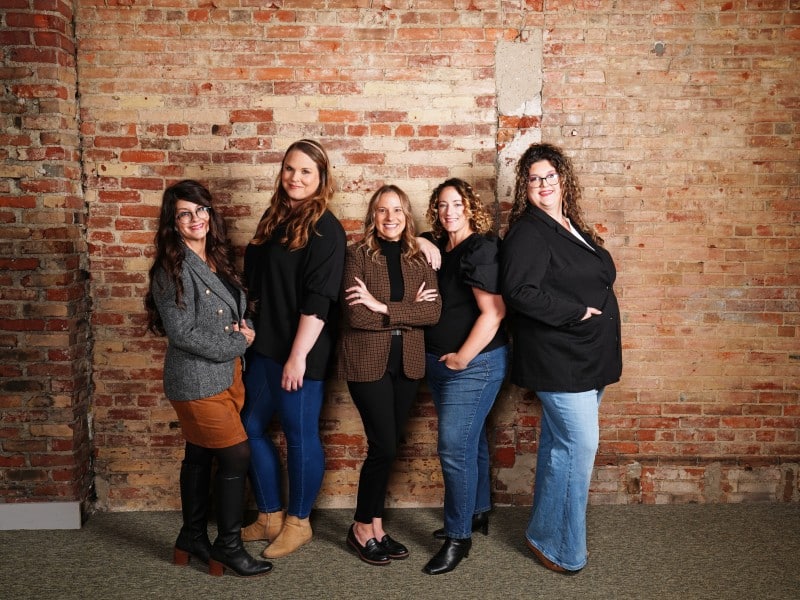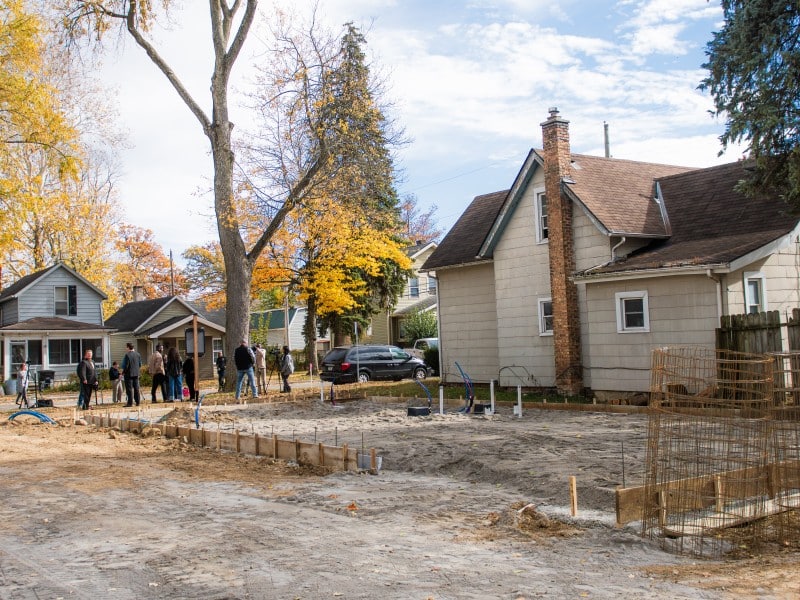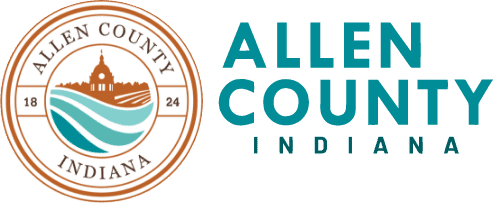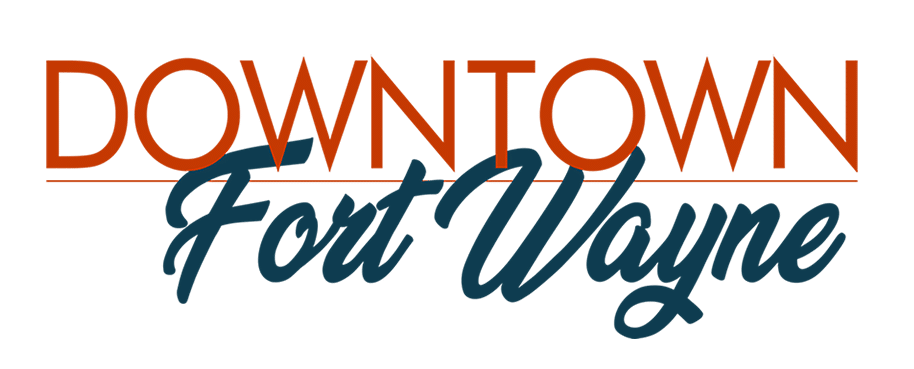Growing innovative employment opportunities
This urban farm is helping people with disabilities find well-paying, full-time jobs.
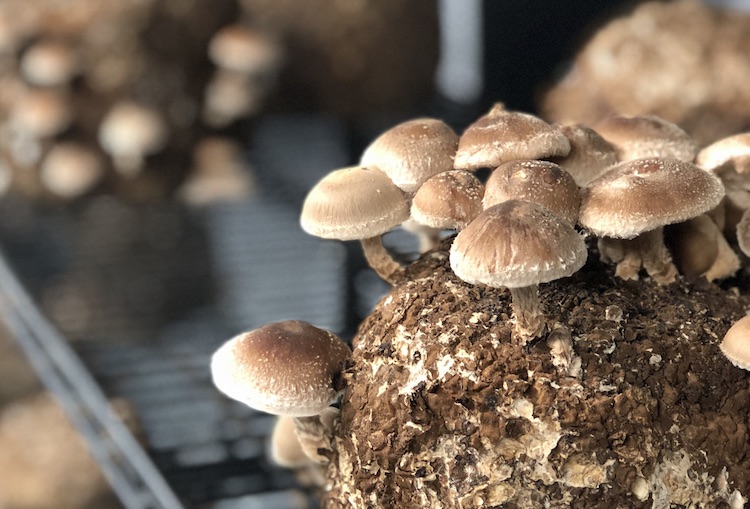
Windrose Learning is providing a brighter future for its employees with special needs through meaningful employment.
Stacey Smith, Windrose Learning’s Founder, says this initiative stems from a need she’s seen in her professional work.
As President/CEO of Prairie Quest Consulting (PQC), her firm works with individuals who have disabilities and disadvantages in Indiana, Chicago, and Connecticut in vocational rehabilitation.
“We’ve seen a lot of people with disabilities face challenges in getting a 9-to-5 job,” she says.
In other words, they are securing jobs, but they aren’t getting full-time jobs, positions that pay enough to support them, or provide a sense of fulfillment.
Myths and misconceptions related to training people with disabilities and special needs don’t help either, she explains.
So Smith set out to prove the skeptics wrong about these assumptions.
“We just needed to show them,” she says.
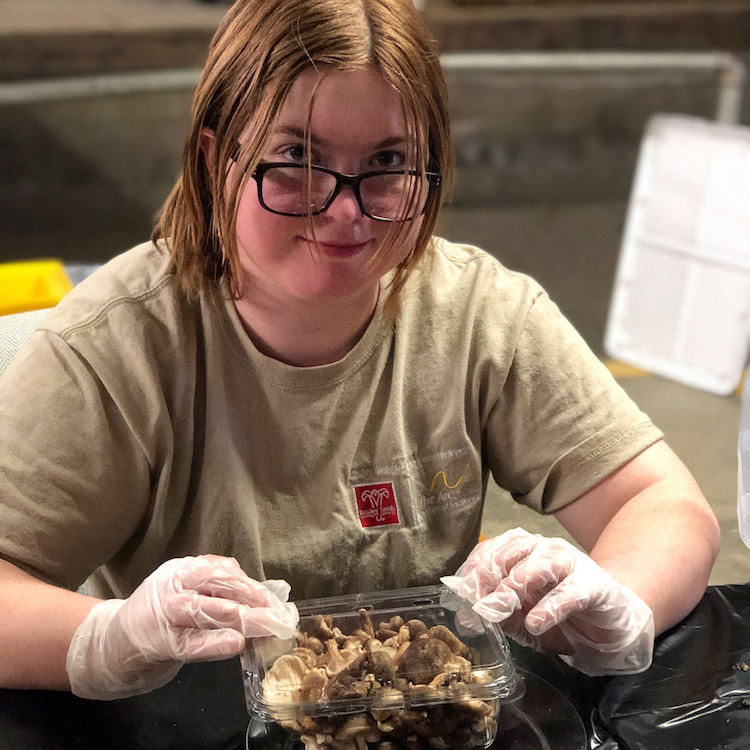
And showing them is what she’s done.
Smith started her quest in earnest about 3 years ago by starting Windrose Learning. She researched working with individuals who have disabilities to help them prosper in a work environment.
Then she discovered horticulture therapy is one effective way to help individuals with barriers to employment succeed.
Thus, Windrose Urban Farm was born, and Kelly Pence, with the Autism Society of Indiana, says it’s making a difference.
“Programs like (Windrose Urban Farm) and other vocational rehabilitation programs help these individuals learn the soft skills needed for the social interaction that comes with working in a public setting, “she says. “These programs focus on developing skills needed to become employed and sustain employment.”
The singular focus on employment is a significant distinction of the Windrose programs, of which Smith is proud.
“We don’t want to be a training program,” Smith says. “We want to be an employment program, so that means we must apply a business approach to a non-profit.”
What started with a community garden on the southeast side has grown into an urban farm in a warehouse in downtown Fort Wayne.
Windrose Urban Farm seeks to provide jobs for individuals living with special needs in the community while growing high-quality food and garden products. Currently, they are focused on growing, harvesting, and selling highly sustainable Shitake mushrooms.
With the help of Master Gardener Chris Knipstein, Smith says the Windrose team has spent the last seven months researching and translating their knowledge into a tactical plan.
Today they employ five people of various abilities, and Smith plans to hire more. Plus, these employees are all earning above minimum wage, she notes.
They are also a vendor at the weekly Ft. Wayne’s Farmers Market on Saturdays at Parkview Field and next to the Barr Street market each summer. Smith says it is their goal to be a permanent vendor at the forthcoming Electric Works building, which plans to house the Fort Wayne Public Market.
Just a few months into their work, the urban farm team has already enjoyed a few wins, including approval as an Indiana Grown product by the Indiana State Department of Agriculture.
Looking to the future, Smith hopes to receive the go-ahead to market Windrose mushrooms as organically grown products, as well.
But why mushrooms? It all goes back to one concept: sustainability.
Mushrooms are sustainable in both the financial and environmental sense.
“We looked at solutions where the product can help fund itself,” Smith says, adding that mushrooms cost between $12-$15 a pound.

This factor is important because Windrose Urban Farm is currently not funded through any grants, so it depends solely on the sale of its produce for its operation.
Mushrooms’ relatively low environmental footprint is another selling point.
According to a statement from the Mushroom Council, “production of a pound of mushrooms requires only 1.8 gallons of water and 1.0 kilowatt hours of energy and generates only .7 pounds of CO2 equivalent emissions.”
The growing and harvesting process is also fairly easy to manage, especially for those with intellectual or physical disabilities.
In a way, you can say Smith is a gardener in her own right—a gardener of people.
Just like mushrooms require tending, so do people of all abilities, and in her words, she wants to reach “people who haven’t been exposed to opportunities where they can go beyond what they are today.”
For more information about Windrose Learning and Windrose Urban Farm, visit windroselearning.org.


